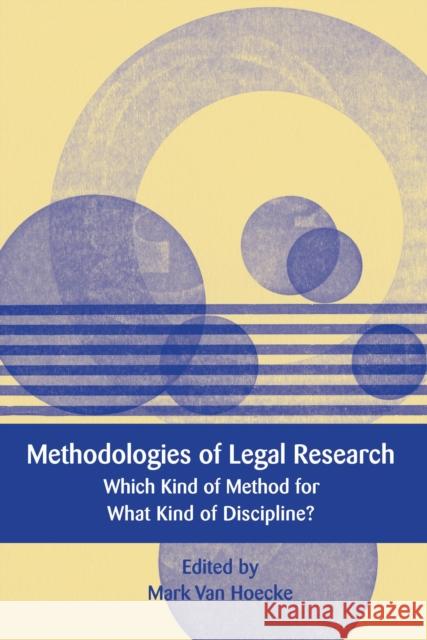Methodologies of Legal Research: Which Kind of Method for What Kind of Discipline? » książka
Methodologies of Legal Research: Which Kind of Method for What Kind of Discipline?
ISBN-13: 9781849461702 / Angielski / Twarda / 2011 / 310 str.
Until quite recently, questions about methodology in legal research have been largely confined to understanding the role of doctrinal research as a scholarly discipline. In turn, this has involved asking questions not only about coverage but, fundamentally, questions about the identity of the discipline. Is it (mainly) descriptive, hermeneutical, or normative? Should it also be explanatory? Legal scholarship has been torn between, on the one hand, grasping the expanding reality of law and its context, and, on the other, reducing this complex whole to manageable proportions. The purely internal analysis of a legal system, isolated from any societal context, remains an option, and is still seen in the approach of the French academy, but as law aims at ordering society and influencing human behavior, this approach is felt by many scholars to be insufficient. Consequently, many attempts have been made to conceive legal research differently. Social scientific and comparative approaches have proven fruitful. However, does the introduction of other approaches leave merely a residue of 'legal doctrine, ' to which pockets of social sciences can be added, or should legal doctrine be merged with the social sciences? What would such a broad interdisciplinary field look like and what would its methods be? This book answers these questions, focusing on the growing need to concentrate on the various methods of legal research. It will be extremely useful to Ph.D students, as well as other legal scholars











